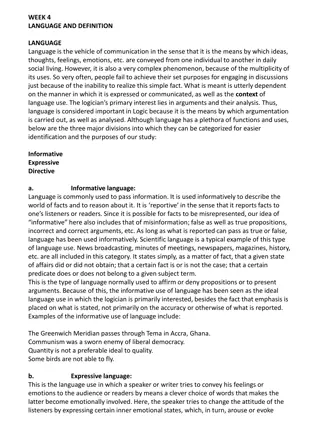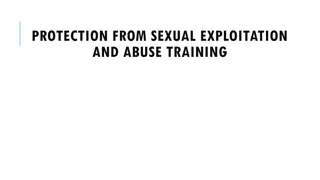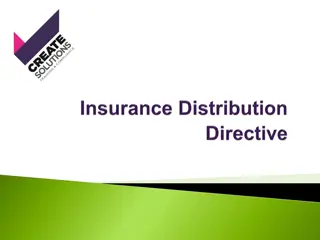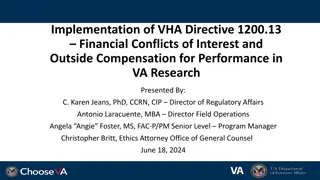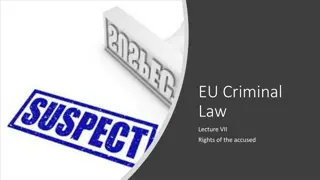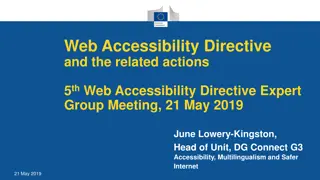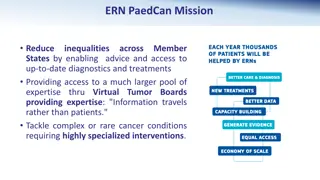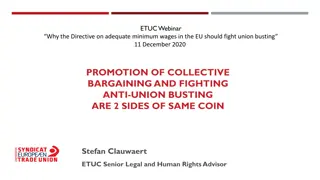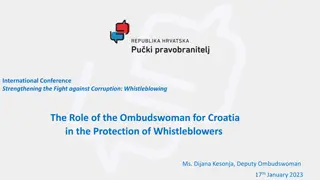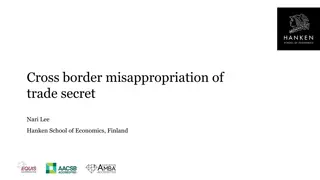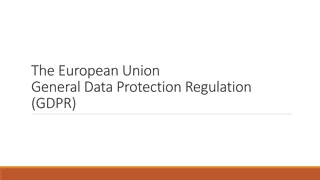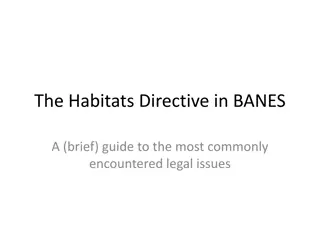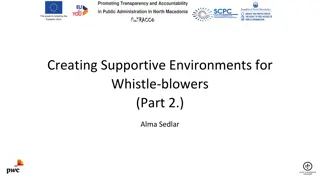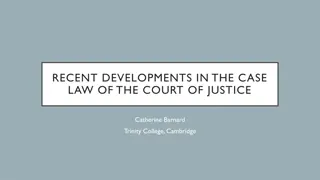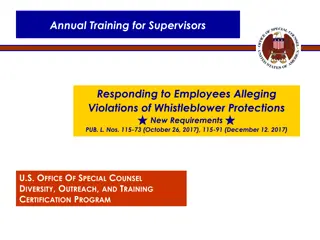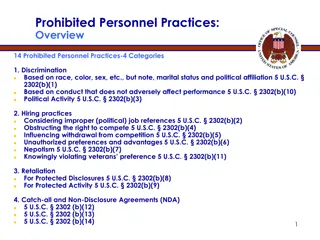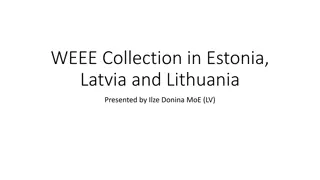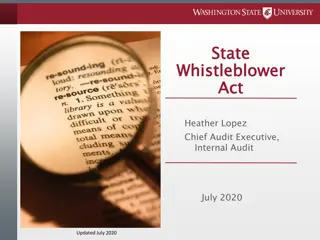Proposal for Directive on Protection of Whistleblowers in EU Law
European Commission's proposal for a Directive aims to protect individuals reporting breaches of EU law, following wide-scale scandals like Dieselgate and LuxLeaks. The directive seeks to provide consistent whistleblower protection across Member States, enhance enforcement of EU law, and safeguard freedom of expression. It covers areas such as public procurement, financial services, product safety, and more. The Council and European Parliament are progressing towards adoption by the end of the legislative term.
Download Presentation

Please find below an Image/Link to download the presentation.
The content on the website is provided AS IS for your information and personal use only. It may not be sold, licensed, or shared on other websites without obtaining consent from the author. Download presentation by click this link. If you encounter any issues during the download, it is possible that the publisher has removed the file from their server.
E N D
Presentation Transcript
Commission's proposal for a Directive on the protection of persons reporting on breaches of EU law European Commission DG JUSTICE
Proposal for a Directive on the protection of persons reporting on breaches of Union law Background: wide-scale scandals (Dieselgate, LuxLeaks, Cambridge Analytica) uneven whistle-blower protection accross Member States sectorial whistle-blower protection at EU level strong call for action at EU level from the EP and the Council, and from stakeholders => 23 April 2018: Proposal for a Directive on the protection of persons reporting on breaches of Union law (accompanied by a Communication to support implementation by national authorities) 2
Twofold objective: to strengthen the enforcement of EU law, and to protect freedom of expression and freedom of the media
State of play of the file at the Council - The Austrian Presidency s stated objective is to reach a "general approach" (i.e. mandate to negotiate with the EP by the end of the year). political agreement and - The Working Party (FREMP) is now proceeding with the third reading of the text 4
State od play at the European Parliament: - JURI Committee report voted on 20 November - EP plenary vote (mandate for negotiations): planned for the 12th December 2018
The Commission supports the co-legislators with a view to adoption by the end of the legislature
Proposed Directive: material scope (1) The directive applies to reports on: a) breaches or abuses of EU law in the following areas: (i) public procurement; (ii) financial services, prevention of money laundering and terrorist financing; (iii) product safety; (iv) transport safety; (v) protection of the environment; (vi) nuclear safety; (vii) food and feed safety, animal health and welfare; (viii) public health; (ix) consumer protection; (x) protection of privacy and personal data, and security of network and information systems; 7
Proposed Directive: material scope (2) The directive applies to reports on: b) breaches relating to EU competition rules; c) breaches harming the EU s financial interests; and d) in view of their negative impact on the proper functioning of the internal market, breaches of corporate tax rules or arrangements whose purpose is to obtain a tax advantage that defeats the object or purpose of the applicable corporate tax law. 8
Proposed directive: personal scope Reporting persons in the private or public sector Who acquired information on breaches in a work-related context including, at least, the following: workers (incl. in non-standard employment relationships); self-employed service providers, including freelance, contractors, sub-contractors and suppliers; shareholders and members of the management body of a company volunteers and unpaid trainees; persons working under the supervision and direction of contractors, subcontractors and suppliers; job applicants. 9
Minimum standards of protection: main elements (1) Obligation to set up, in the public and the private sector, internal and external reporting channels, ensuring confidentiality; Clear and easily accessible information on procedures for reporting, protection and remedies available, and access to advice, free of charge; Obligation of those receiving the reports to diligently follow up and give feedback to the whistleblower timeframe (not more than 3 months if internal reporting, up to 6 months max, if external reporting); within reasonable 10
Minimum standards of protection: main elements (2) Prohibition and punishment of retaliation, in all its various forms; Adequate remedies in case of retaliation, including reversal of burden of proof and interim relief; Member States may introduce or retain more favourable provisions. 11
Entities obliged to set up reporting channels and procedures Internal reporting In the private sector: as a general rule only medium and large-sized companies (plus small and micro companies operating in the area of financial services, or vulnerable to money laundering or terrorist financing). In the public sector: entities governed by public law (except municipalities with less than 10 000 inhabitants). External reporting Member States shall designate the authorities competent to receive and handle reports 12
Conditions for protection (1) Whistleblowers should have reasonable grounds to believe that the information reported is true at the time of reporting and falls within the scope of the Directive. 13
Conditions for protection (2) Tiered use of reporting channels: whistleblowers are generally required to use internal channels first, if these channels do not work or could not reasonably expected to work, they may report to the competent authorities, if a) no appropriate action was taken following the use of internal/external reporting channels or b) if channels could not be used due to: i) imminent or manifest danger for the public interest, or ii) to the particular circumstances of the case, or iii) where there is a risk of irreversible damage, be they may disclose to the public/media. 14
Safeguards for reported persons and for the credibility of the system Persons concerned by the reports fully enjoy the presumption of innocence, the right to an effective remedy and to a fair trial, and the rights of defence. Member States shall provide for proportionate sanctions to dissuade malicious or abusive reports 15
Documents can be found at: https://ec.europa.eu/info/aid-development- cooperation-fundamental-rights/your-rights- eu/whistleblowers-protection_en 16
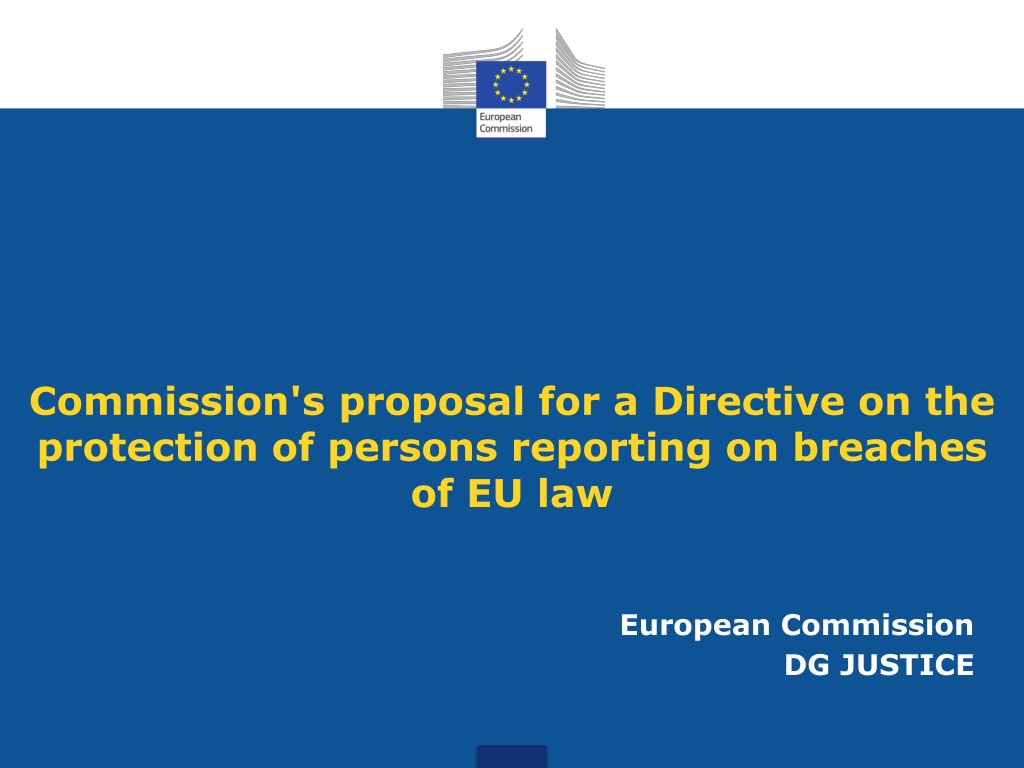
 undefined
undefined





